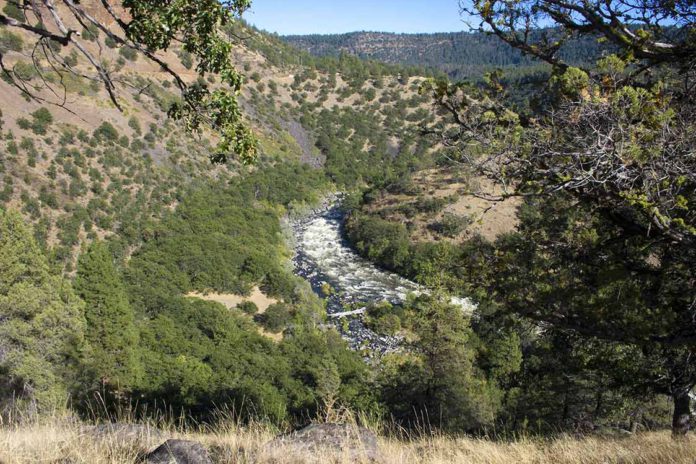WASHINGTON, D.C. – In a significant stride towards ensuring essential drinking water and sanitation infrastructure throughout Indian Country, the Indian Health Service (IHS) announced fiscal year (FY) 2025 allocation decisions for $700 million in funding from the Infrastructure Investment and Jobs Act, also known as the Bipartisan Infrastructure Law (BIL). This is the earliest in the fiscal year that the BIL funding has been announced, which helps support more accurate planning and purchasing for critical projects.
The Bipartisan Infrastructure Law provides $3.5 billion to the IHS between FY 2022 and 2026 to develop critical tribal water infrastructure, including robust drinking water sources, reliable sewage systems, and effective solid waste disposal facilities.
“Three years after President Biden signed the Bipartisan Infrastructure Law, we’re continuing to see once-in-a-generation investments in our nation’s infrastructure,” said HHS Secretary Xavier Becerra. “Today’s announcement of $700 million from IHS to support critical sanitation infrastructure projects is another example of how this administration continues to prioritize health and investment across Indian Country.”
The outcome of FY 2025 BIL funding is substantial – more than 14,450 American Indian and Alaska Native households will benefit by gaining access to essential sanitation facility services. When combined, the first four years of BIL funding will ultimately benefit almost 110,000 American Indian and Alaska Native households.
“The projects funded through the Bipartisan Infrastructure Law are making substantial improvements in clean water and sanitation systems in our tribal communities,” said IHS Director Roselyn Tso. “In the first three years of BIL funding, the IHS supported over 765 construction projects across all IHS areas. With the FY 2025 funding, the IHS will allocate $700 million to support an additional 67 construction projects. As we enter the fourth year of BIL funding, the IHS is delighted to continue collaborating with our tribal partners and federal partners, including the U.S. Environmental Protection Agency, U.S. Army Corps of Engineers, and Bureau of Reclamation to ensure safe drinking water, reliable sewage systems, and solid waste disposal facilities are made available to tribal communities throughout Indian Country.”














































